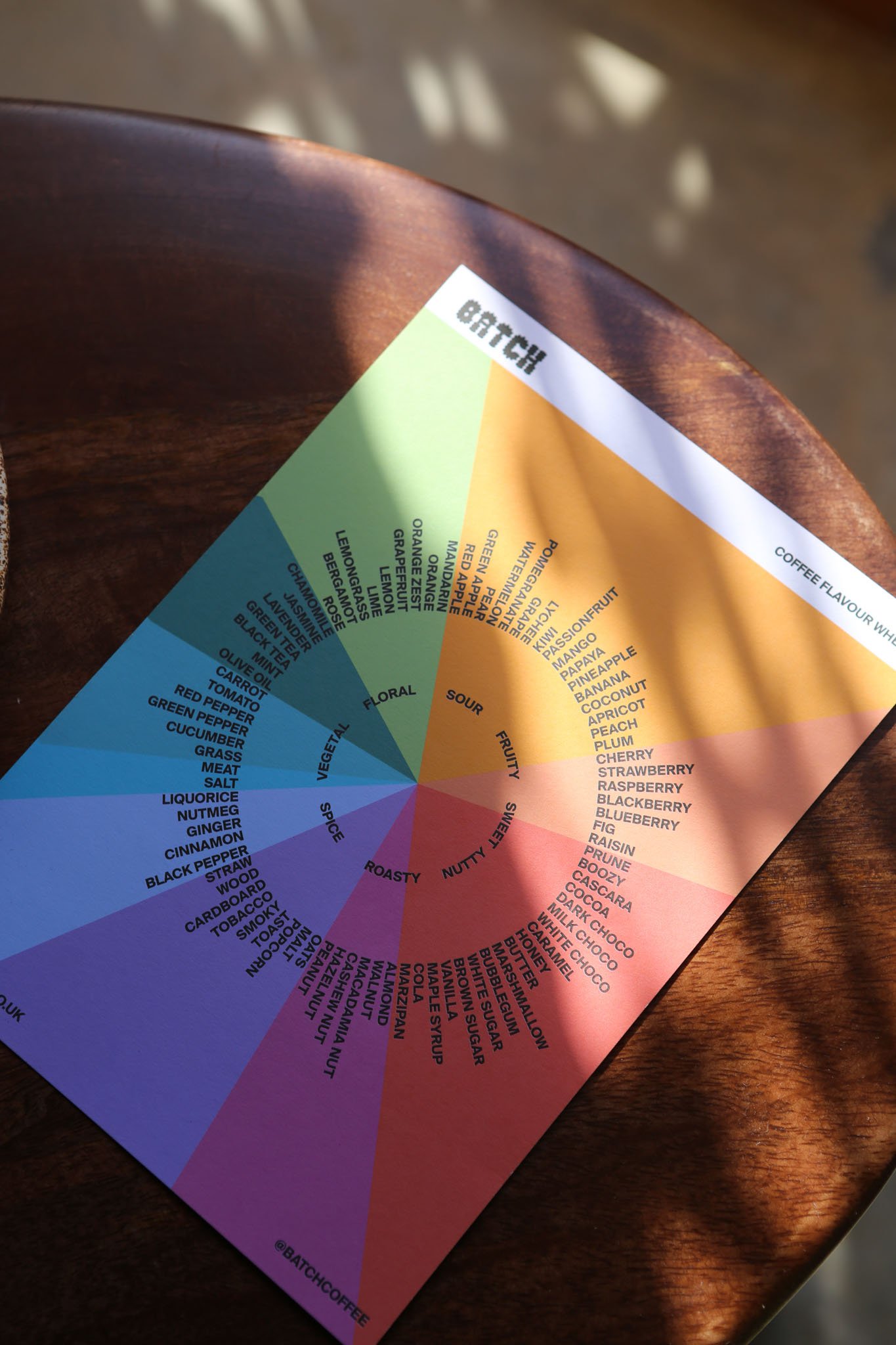Tom’s Guide to Decaf
Is Decaf Coffee Bad For You?
Decaf Coffee. Should You Be Worried?
There’s nothing more millennial than Decaf Coffee.
In fact, studies show in general, millennials are more attracted to healthier alternatives..
And it really doesn’t have to be crap!
There are so many incredible coffees for cafetieres out there today that will 10x your morning brew. for example dairy free, alcohol free, making millennials the most health-conscious generation.
But Decaf Coffee isn’t just for Millennials despite its popularity with them.
However the question remains, just how healthy is Decaf Coffee? Find out below:
RELATED CONTENT
▻ UK Coffee Roasters Map
▻ Best Coffee Shop Manchester
▻ Home Coffee Roasters
SKIP TO
▻ Is Decaf Coffee Bad For You?
▻ What are the Negative Effects of Decaf Coffee?
▻ Is Decaf Coffee Safe?
▻ Which is Healthier Decaf or Regular Coffee?
▻ What Happens When You Drink Decaf Coffee Everyday?
▻ Is Drinking Decaf Coffee Bad For Your Heart?
▻ Does decaf raise blood pressure?
▻ What are the pros and cons of drinking decaf coffee?
Is Decaf Coffee Bad For You?
Like the old saying goes, everything in moderation.
In general, studies have reported that Decaf Coffee is safe for use, however, despite its defining feature, Decaf still does contain traces of caffeine.
Depending on brand (and cup size!) a cup of Decaf can contain up to 15mg of Caffeine, compared to the usual 80-100mg for a cup of regular coffee and 30-50mg for a green or black tea.
Coffee, is also packed with antioxidants, and Decaf still has those same antioxidants, though they may be up from anything to 10-20% lower, probably due to a loss during the decaffeination process.
Aside from helping caffeine sensitive people to sleep, studies aren’t clear if the health benefits are due to coffee itself, or the decaf, but either way, the research is overwhelmingly positive.
What are the Negative Effects of Decaf Coffee?
It’s impossible to talk about the negative side effects of Decaf Coffee without mentioning Methylene Chloride, which is a solvent that is usually used to remove caffeine in the decaffeination process.
Methylene Chloride may be carcinogenic, but overall, no discernible effects were found between Decaf and regular coffee on the cardiovascular system.
However, there is some evidence, that Decaf coffee, could inflame Rheumatoid Arthritis, or even cause it!
A second study showed women between the ages of 55 -69 who drank Decaf were twice as likely to develop the inflammatory disease. Whereas no links were found with regular coffee.
This could be due to the chemicals used in the decaffeination process, though further research is required.
Alongside this, perhaps because those same chemicals, decaf coffee was found to increase acidity, which could affect bone density.
Research also shows it’s not just caffeine that stimulates the sympathetic nervous system, meaning other chemicals in the coffee do that too.
Is Decaf Coffee Safe?
Decaf coffee is overall, overwhelmingly safe to consume for most people in the long term despite all previously mentioned.
After the decaffeination process, which is typically done by soaking beans in water and having Methylene Chloride added, before then evaporating everything so the flavours return to the coffee, some people may worry that the leftover chemicals like the Methylene Chloride may be harmful and dangerous.
Though mentioned in our previous question, the amount of Methylene and other chemicals is usually overwhelmingly small and in trace amounts and usually always under FDA or European guidelines deemed safe.
Which is Healthier Decaf or Regular Coffee?
There is many a study that show how rich in antioxidants regular coffee is.
Decaf Coffee Club Previous Boxes
Decaf Coffee Reviews
- Origin Coffee Roasters – Decaf
- Caravan Coffee Roasters – Decaf
- Rounton Coffee Roasters – Decaf
- Campbell & Syme Coffee Roasters – Decaf
The answer to which is healthier might come down to the individual.
For example, if you’re someone that struggles with anxiety, restlessness or heart palpitations, then regular coffee, despite its higher antioxidant content, might not be healthier for you.
But on the other hand, if you’re someone who doesn’t struggle with those things, but suffers from IBS or cholesterol problems, then regular coffee would be healthier for you.
If though, we’re comparing the two side by side on a nutritional basis, the antioxidant and lower acidity level of regular coffee trumps the higher acidity level and lower antioxidant level of Decaf.
Alongside this, regular coffee can improve concentration and mental function as well as fat burning and boosting your metabolism.
Both regular coffee and Decaf however seem to have a positive effect in lowering the risk of diabetes and improving liver function, although these studies were mostly focused on regular coffee, further observation is required in order to determine if Decaf has the same effect.
What Happens When You Drink Decaf Coffee Everyday?
Statistics show that around 30-40 per cent of the world’s population drinks coffee every day, with that number being much higher (closer to 65%) in the USA.
Countries like France and Italy, are not far behind with statistics showing over half the population drinking more than one cup a day.
So, what will happen if you drink coffee every day, well, first and foremost, your body will become addicted to caffeine. Because coffee binds to adenosine receptors in the brain, your tolerance builds up and your body builds more adenosine receptors.
This means as your energy goes down, you need more and more coffee to combat the withdrawal symptoms that can include headaches, brain fog, irritability and tiredness.
However, one positive study conducted in the Archives of Internal Medicine found that everyday coffee drinkers were less likely to be depressed.
Once again, these studies are overwhelmingly conducted on regular coffee, but as previously discussed, Decaf still does contain amounts of caffeine, so it is possible to become addicted and have the same symptoms of a regular caffeine addict.
Though if you’re drinking just one cup of Decaf a day, you should be able to avoid most of those side effects regular coffee caffeine addicts face.
Is Drinking Decaf Coffee Bad For Your Heart?
When it comes to the effects of Decaf on the heart, the results are surprising.
Whilst regular coffee actually lowers risk of heart failure – Decaf actually increases it.
Though caffeine is always thought to be detrimental to one of the body’s most important organs (due to its increased chance of palpitations and high blood pressure) but researchers believe the reason Decaf has a worse effect on the heart is because it contains higher levels of Non-Essential Fatty Acids and a protein called Apolipoprotein B – which is associated with increased risk of Cardiovascular disease.
This comes down the fact it’s usually made from a different bean (Robusta) compared to regular coffee which is mostly made from Arabica.
Unfortunately, the Robusta bean has much higher levels of diptenes, which stimulate fatty acid production in the human body.
So, if you have heart problems, or high cholesterol, you may want to think about consuming Decaf at all and maybe switch to Green or other herbal tea, if you still want a dose of caffeine.
Does decaf raise blood pressure?
While caffeine is known to increase blood pressure in some people, decaf coffee is not likely to have a significant impact on blood pressure.
In fact, some studies have even suggested that decaf coffee may have a modest blood pressure-lowering effect in certain individuals.
However, it’s important to note that coffee is a complex beverage that contains many other compounds besides caffeine, such as antioxidants and polyphenols, that may also affect blood pressure and overall health.
Additionally, individual responses to coffee can vary depending on factors such as genetics, age, and overall health status.
Therefore, it’s always a good idea to consult with a healthcare professional if you have concerns about how coffee or any other beverage may be affecting your blood pressure.
What are the pros and cons of drinking decaf coffee?
Pros:
- Reduced caffeine intake
- Lower risk of certain health issues
- Helps with sleep.
Cons:
- Flavour profile.
- Not completely caffeine-free.
- May contain chemicals.
- Can be more expensive.
Overall, drinking decaf coffee can be a good option for those who want to enjoy the taste of coffee without the stimulating effects of caffeine.
However, it’s important to choose high-quality decaf coffee brands and be aware of any potential side effects or drawbacks.






I found this read, most valuable to make me change in consumption of decaf.